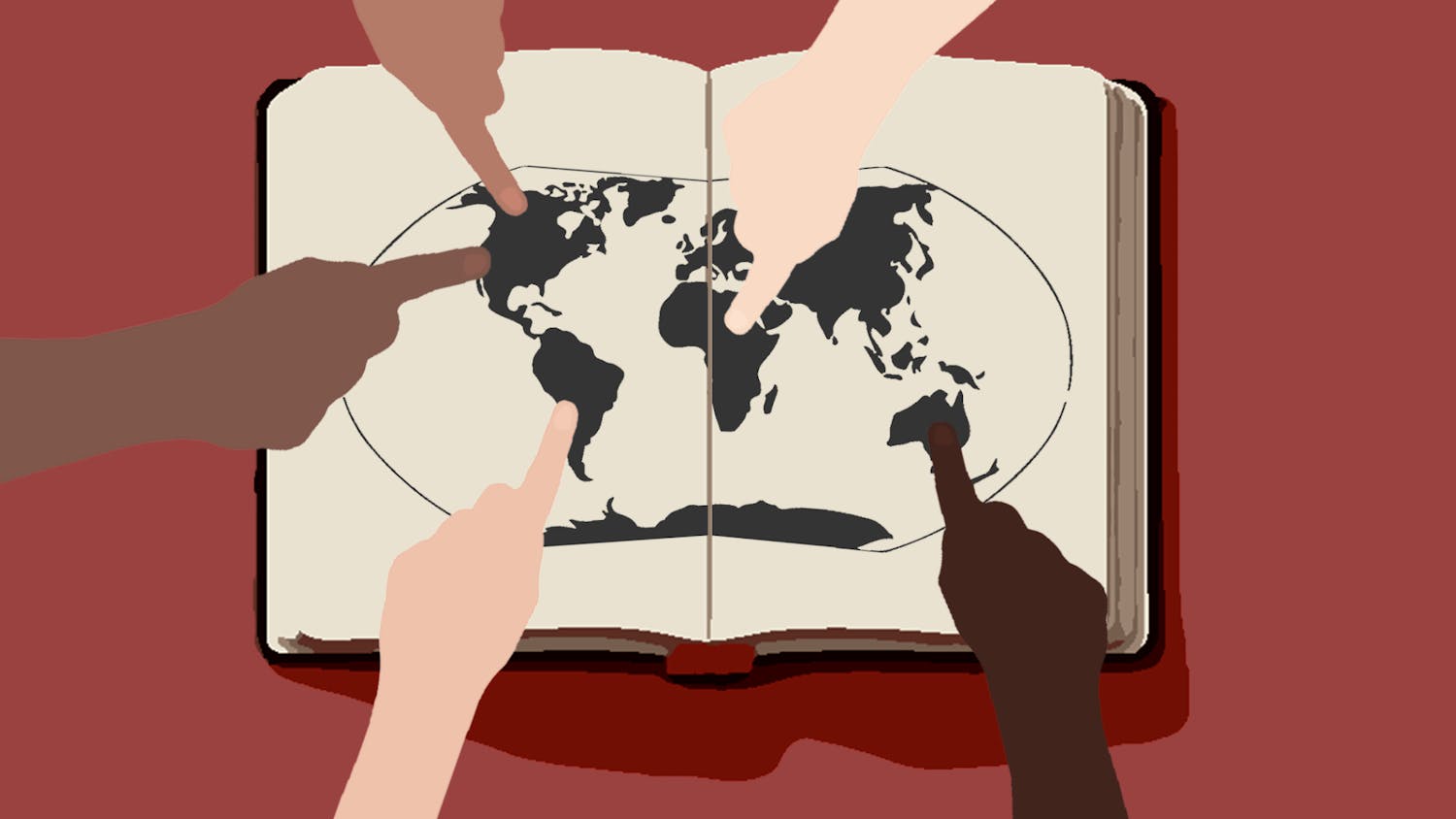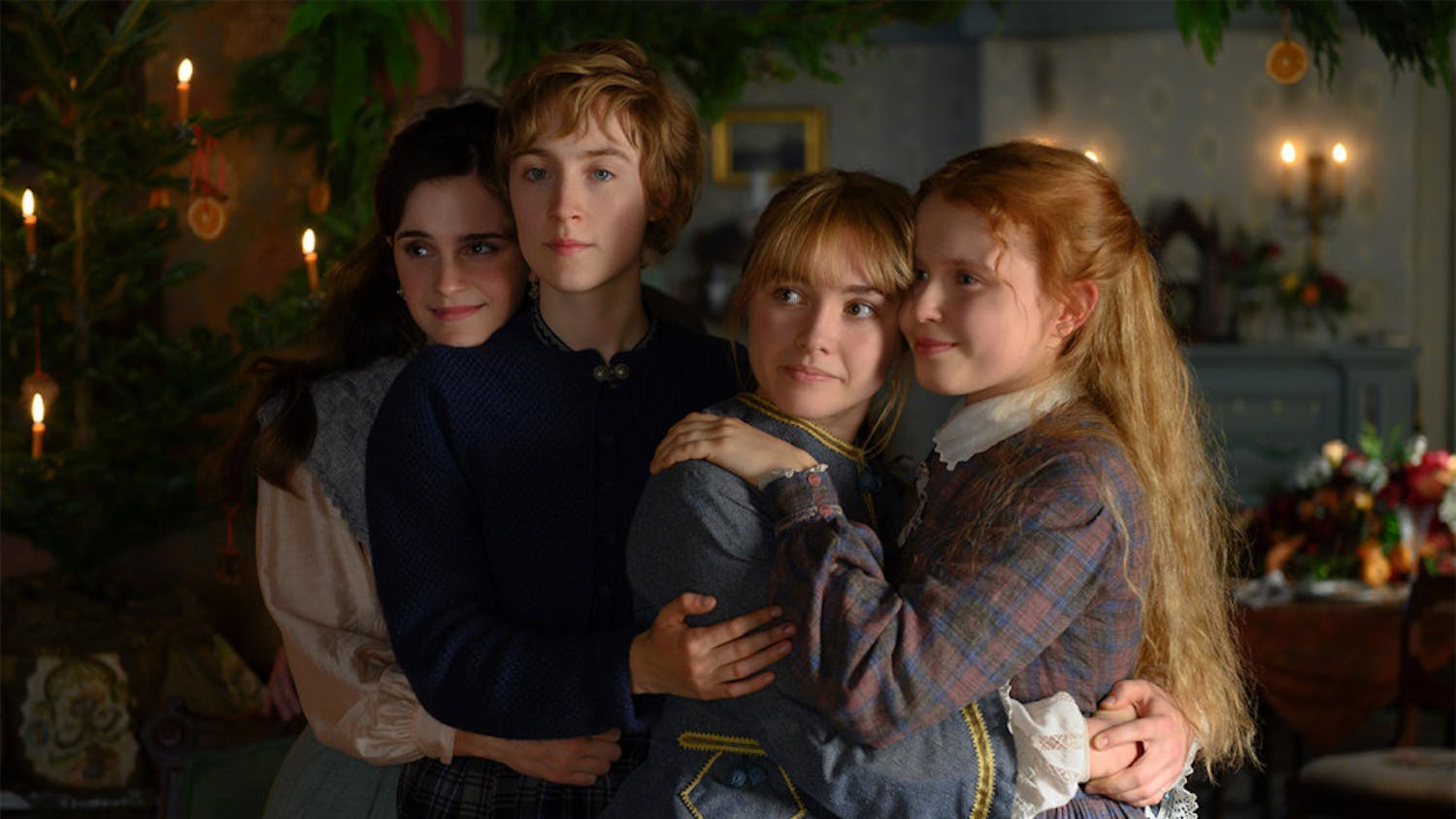Director Quentin Tarantino said, “Violence is one of the most fun things to watch.” But what about reading it? While in film it is possible to look away, plug your ears, and wait for it to pass, in book, violence and graphic content is heightened. To get the full effect of the novel, to experience the sensory intimacy the author crafted, one must live every scene page by page. For these books, the torturous read at times is intense, yet impossible to let alone. If books are the true record of human experiences, then there has never been a truer account of the nature of us than the books that expose the violence and the beauty of humanity.
Lord of the Flies
William Golding’s tale of schoolboys stranded on an uninhabited island creates its own shock factor because of the innocence of the characters at the beginning; An innocence that is eventually lost in the most brutal of manners. They quickly realize the island’s unforgiving nature and resort to savagery in order to survive. A simple meal turns into a ritualistic slaughter.
"'Kill the pig! Cut his throat! Kill the pig! Bash him in!'"
They adopt an animalistic brutality.
“There were no words, and no movements but the tearing of teeth and claws.”
The psychological effects of isolation take hold of the majority of the boys, and throughout their stay murder, arson, mutiny and other atrocities pile up until their civilized upbringing is unapparent.
"Ralph launched himself like a cat; stabbed, snarling, with the spear, and the savage doubled up."
With all the violence of Lord of the Flies being condensed into approximately 200 pages, the whirlwind of events that takes place makes it a read packed with events to make one question the truth of the nature vs. nurture debate.
Blood Meridian
Cormac McCarthy’s evil masterpiece of senseless bloodshed in the harsh Southwestern US follows “the kid” as he begins a brutal cycle of scalping and mutilating Native Americans for bounty and eventually sport.
“…like a company of mounted clowns, death hilarious, all howling in a barbarous tongue and riding down upon them like a horde from a hell more horrible yet than the brimstone land of Christian reckoning, screeching and yammering and clothed in smoke like those vaporous beings in regions beyond right knowing where the eye wanders and the lip jerks and drools.”
The foreboding presence of “the Judge”, a hairless man with an eerie, spectral quality about him, consistently clashes with the kid and becomes a backstage figure in the gang’s doings. “War is God,” he asserts, and believes truly that human nature is defined by violence.
“So what is the way of raising a child? At a young age, said the judge, they should be put in a pit with wild dogs.”
The most shocking part of Blood Meridian however, is the extent of pervasive violence, so much that the reader eventually becomes desensitized to the atrocities. The ending of the novel is so ambiguously disturbing that one looks for a positive element to redeem the harsh realities of the novel, yet what remains is awe at the inane violence.
“His feet are light and nimble. He never sleeps. He says that he will never die. He dances in light and in shadow and he is a great favorite. He never sleeps, the judge. He is dancing, dancing. He says that he will never die.”
Clockwork Orange
Mixing elements of youth gang culture, psychoanalytic brainwashing, and dystopian states, Clockwork Orange combines all of these into a politically charged nightmare of violence. The totalitarian government subdues its citizens into a peaceful, ignorant state as they turn a blind eye to the increasing epidemic of youth gang violence erupting. Alex, the leader of one gang, is so violent, arrogant and inhumane that acts of torture and murder do not phase him in the slightest, and even begin to give him pleasure.
“And, my brothers, it was real satisfaction to me to waltz--left two three, right two three--and carve left cheeky and right cheeky, so that like two curtains of blood seemed to pour out at the same time, one on either side of his fat filthy oily snout in the winter starlight. Down this blood poured in like red curtains.”
His pretension begins to anger even his “brothers” in the gang, and Alex ends up in prison after a set up from his jaded former companions. A experimental process in prison finds Alex psychologically disposed to become ill at the thought of violence. He is returned to society as a peaceful and functioning member. “Is it better for a man to have chosen evil than to have good imposed upon him?” Bourgess writes, and his novel raises that question. As Alex struggles to retain who he once was, and maybe even find it again, is the choice or the outcome the true gain?





